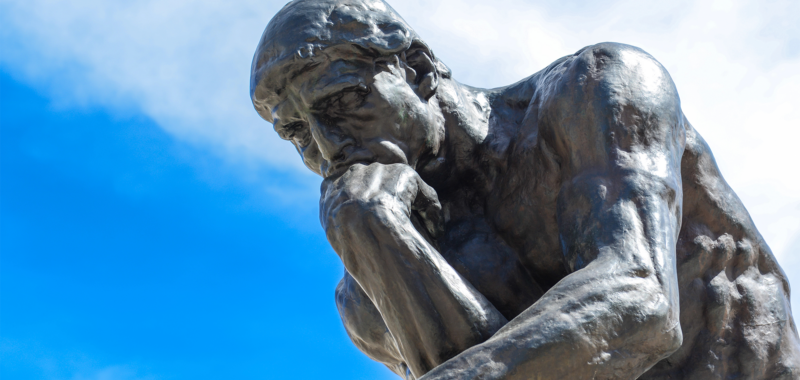
According to some new research from the American Psychological Association, mental exertion appears to be associated with various unpleasant feelings and emotions in several taxing situations. The findings on how people generally experience intense mental effort are detailed in a study published August 5 in the journal Psychological Bulletin.
“Managers often encourage employees, and teachers often encourage students to exert mental effort. On the surface, this seems to work well: Employees and students do often opt for mentally challenging activities,” Erik Bijleveld, a study co-author and psychologist at Radboud University in The Netherlands, said in a statement. “From this, you may be tempted to conclude that employees and students tend to enjoy thinking hard. Our results suggest that this conclusion would be false: In general, people really dislike mental effort.”
[Related: The psychology of why video game farming is so satisfying ]
In the new study, the team conducted a meta-analysis of 170 studies, representing 4,670 participants from 29 countries. They included college students, amateur athletes, engineers, teachers, and those who work in a military or health care setting.
The team looked at 358 different cognitive tasks–practicing a golf swing, learning to use a new technology, navigating an unfamiliar environment, playing a virtual reality game, and more. Participants in all of the studies have reported how much effort they exerted and the extent to which they experienced irritation, frustration, annoyance, or stress.
The team found that across all populations, the more mental effort a task required, the more study participants reported unpleasant feelings.
“Our findings show that mental effort feels unpleasant across a wide range of populations and tasks,” said Bijleveld. “This is important for professionals, such as engineers and educators, to keep in mind when designing tasks, tools, interfaces, apps, materials or instructions. When people are required to exert substantial mental effort, you need to make sure to support or reward them for their effort.”
According to Bijleveld, one notable finding was that while the association between mental effort and adverse feelings was still significant, it was less pronounced in studies conducted in Asian countries, compared to North American or European studies. According to the authors of the study, these results fit with the general notion that the aversiveness of mental effort could depend on an individual’s learning history, says Bijleveld. Typically, high school students in Asian countries tend to spend more time on schoolwork than those in Europe or North America and may learn to withstand higher levels of mental exertion early on in their lives.
[Related: Stress and anxiety wear down your brain. Here’s how to fight back.]
There was also an important real-world observation that despite mentally challenging tasks feeling unpleasant, people still do them voluntarily.
“For example, why do millions of people play chess? People may learn that exerting mental effort in some specific activities is likely to lead to reward. If the benefits of chess outweigh the costs, people may choose to play chess, and even self-report that they enjoy chess,” said Bijleveld. “Yet, when people choose to pursue mentally effortful activities, this should not be taken as an indication that they enjoy mental effort per se. Perhaps people choose mentally effortful activities despite the effort, not because of it.”
Humans continue to do hard things anyway, partially because the more effort something takes, the more our species tends to value it. A 2022 study proposed that this could be because rewarding the effort needed to get the job done–not the outcome–prompted more difficult tasks later on even without rewards.

